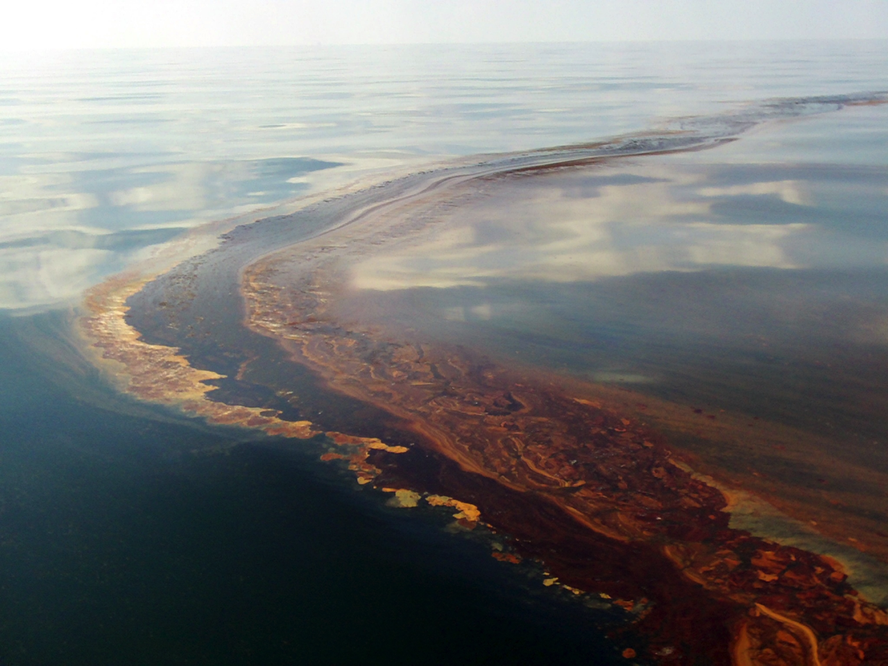Decode the genomes of various bacteria that undo oil
Bacterial genomes that have contributed to the degradation of the Deepwater Horizon oil spill in 2010 have been decoded. The research has been conducted at the University of Texas and the results have been published in the journal Nature Microbiology.
According to the researchers, the fuel consists of two main components: canals, easily degradable by bacteria, and aromatic hydrocarbons, more difficult to degrade. However, once the genetic study is done, they discover that some bacteria are more effective than they believed, even with aromatic hydrocarbons. For example, the bacteria Alcanivorax and Neptunlibacter are cited. However, they stressed that, above certain species, the entire bacterial community is important.
During the research the metabolic pathways used by bacteria have been clarified. They consider that the information obtained will serve to restore sites with fuel discharges through the use of bacteria.






